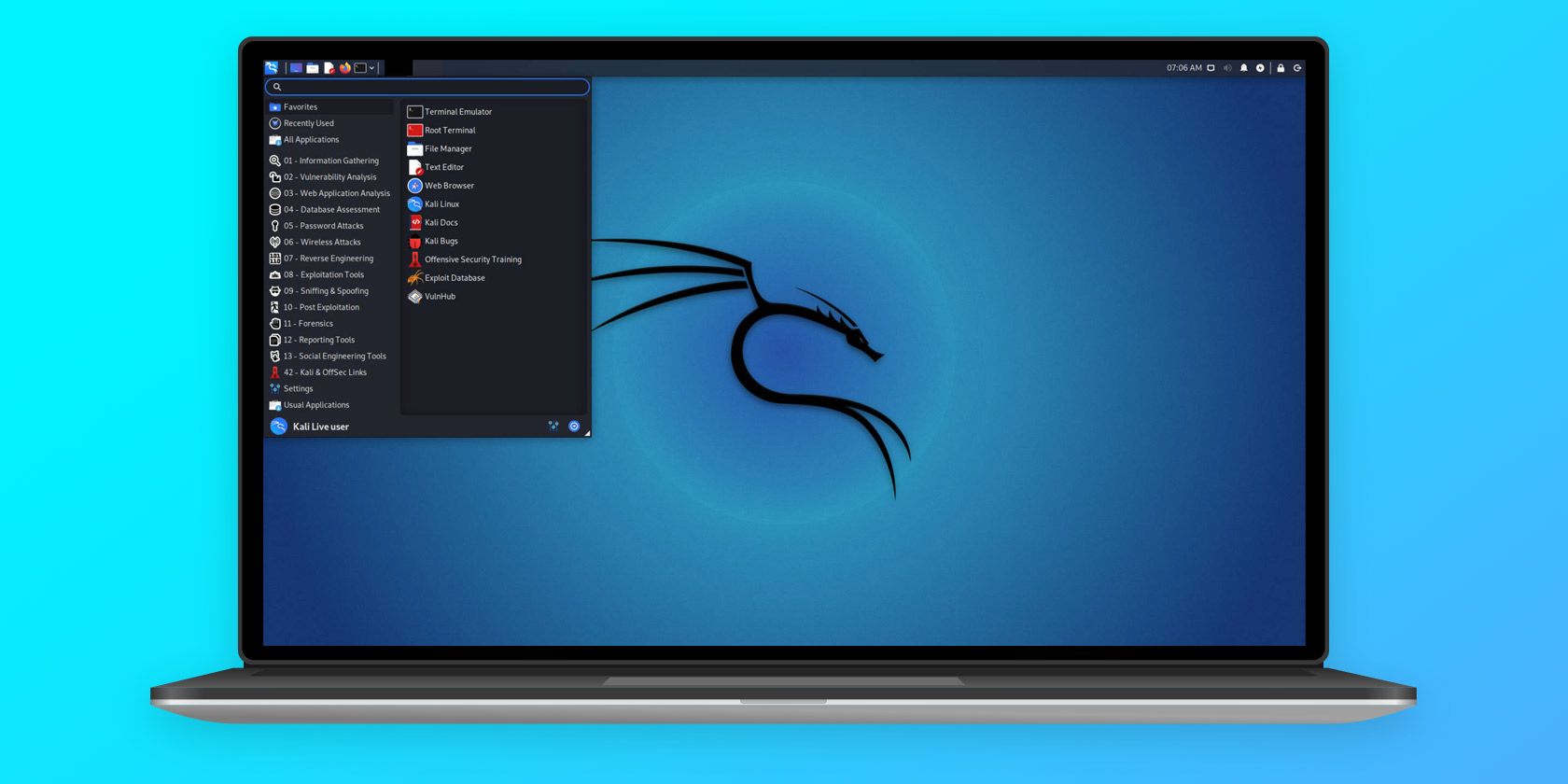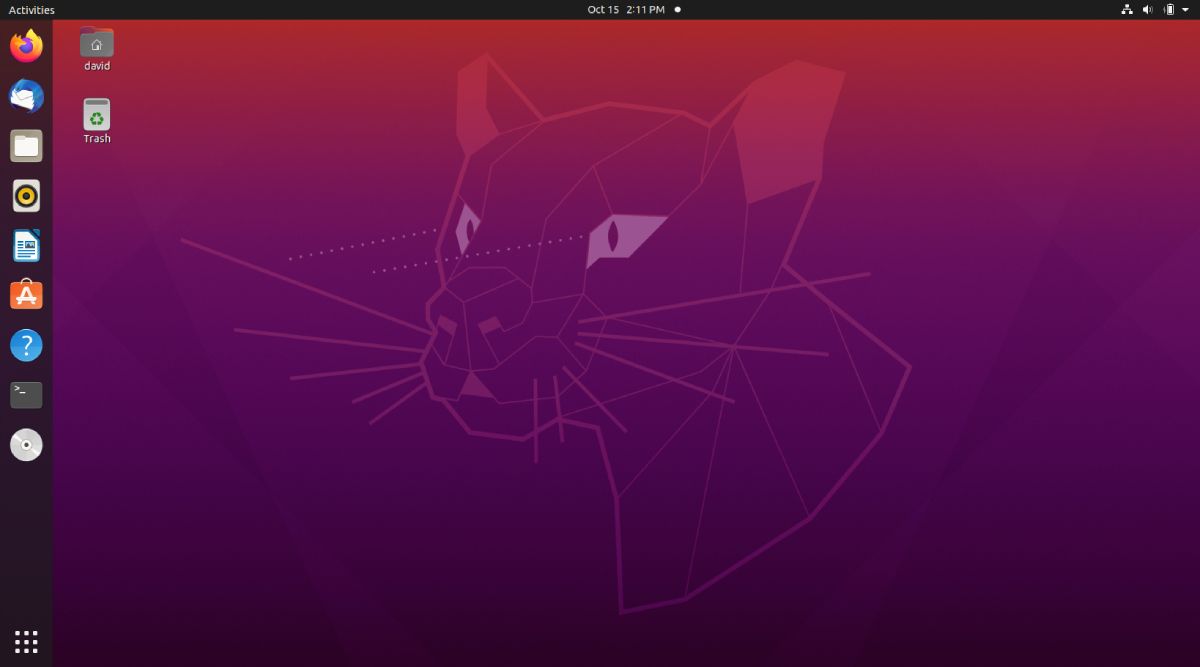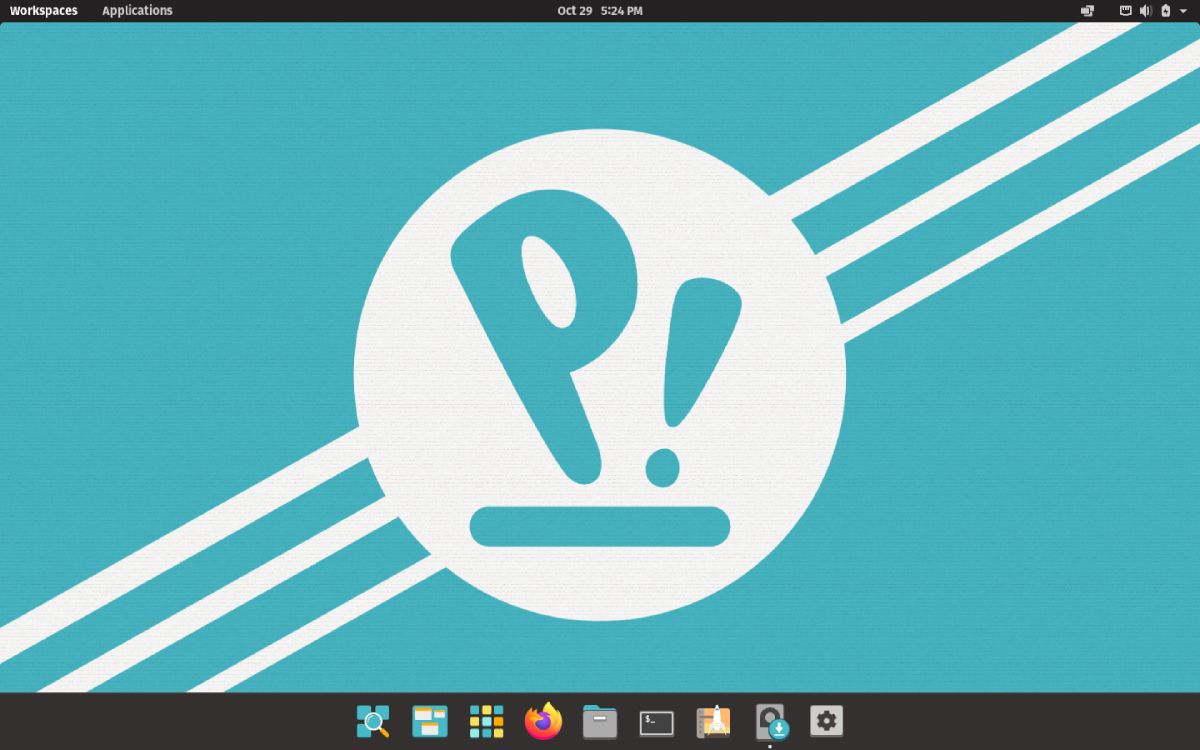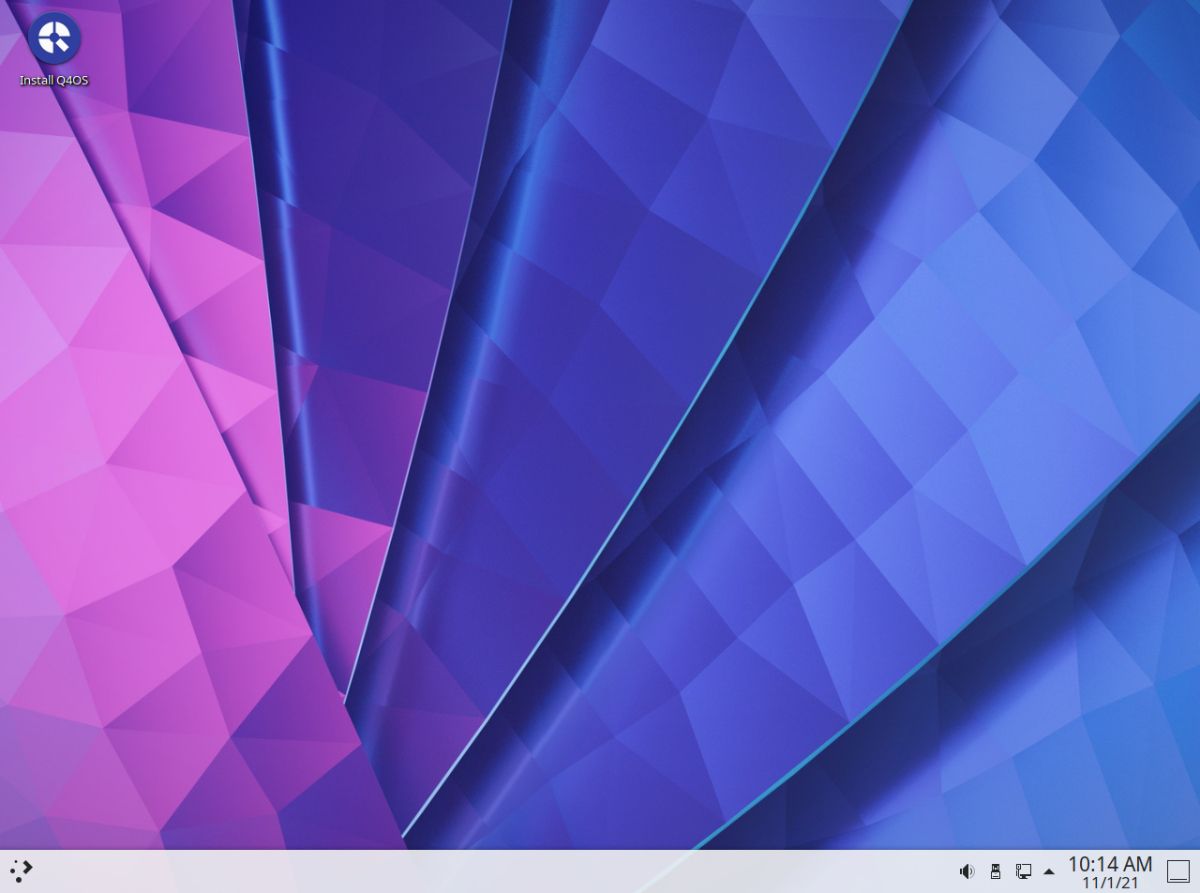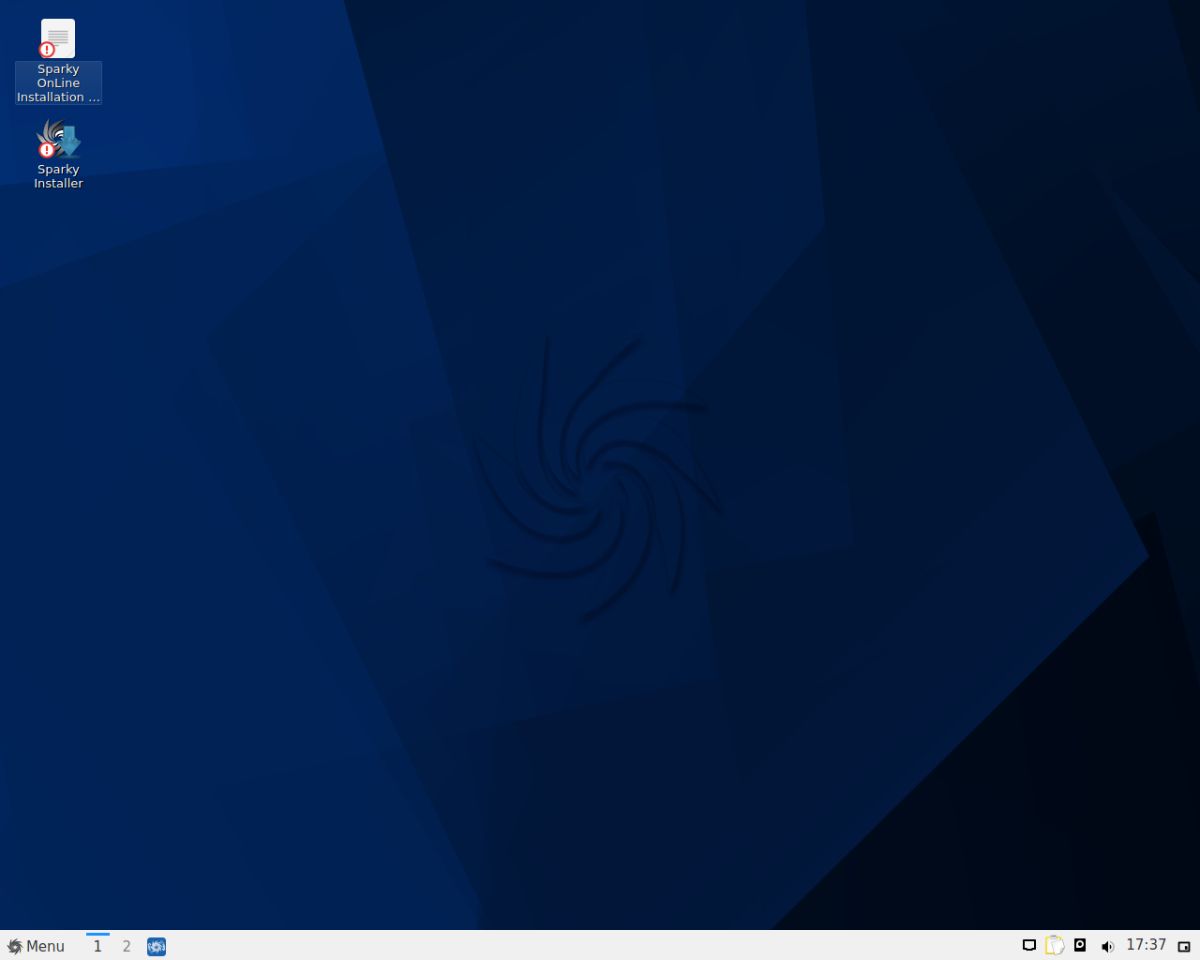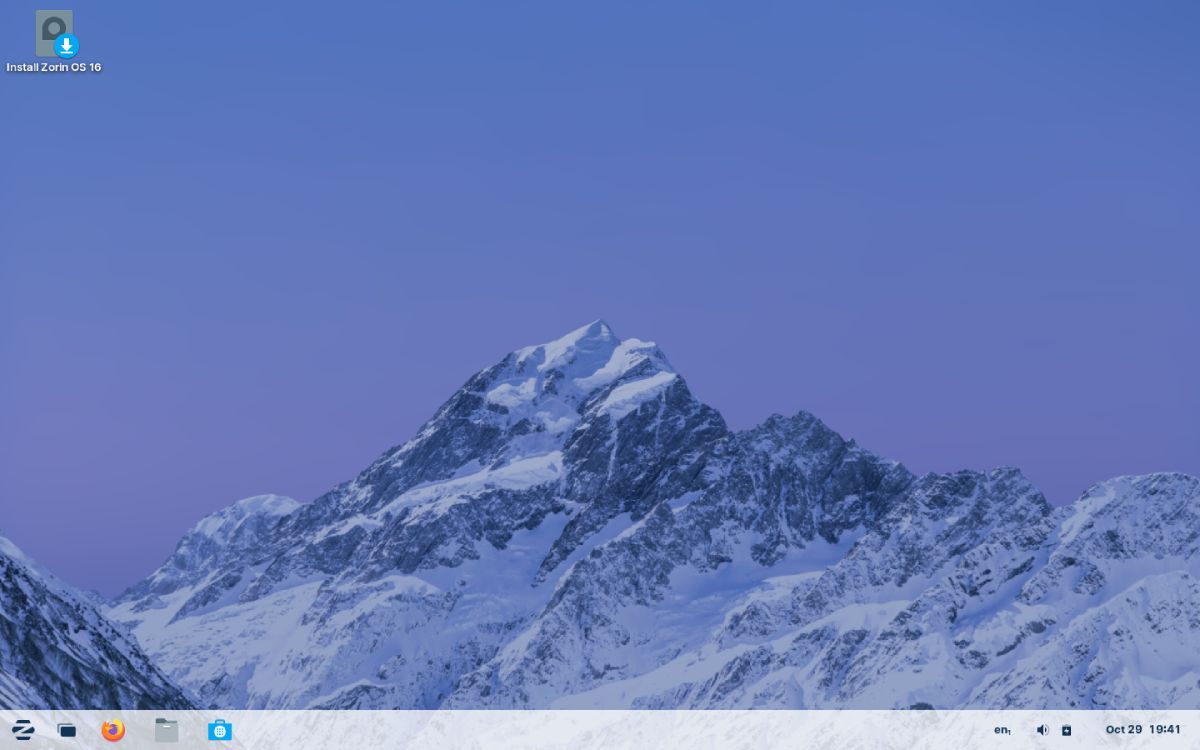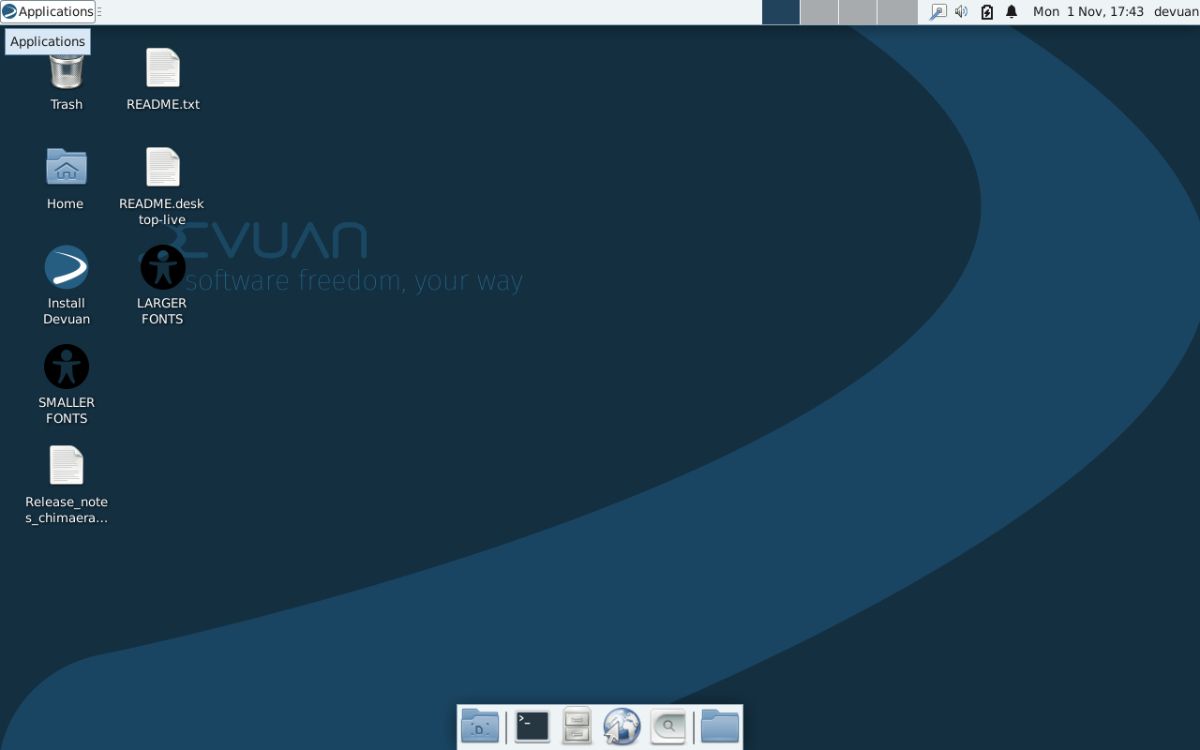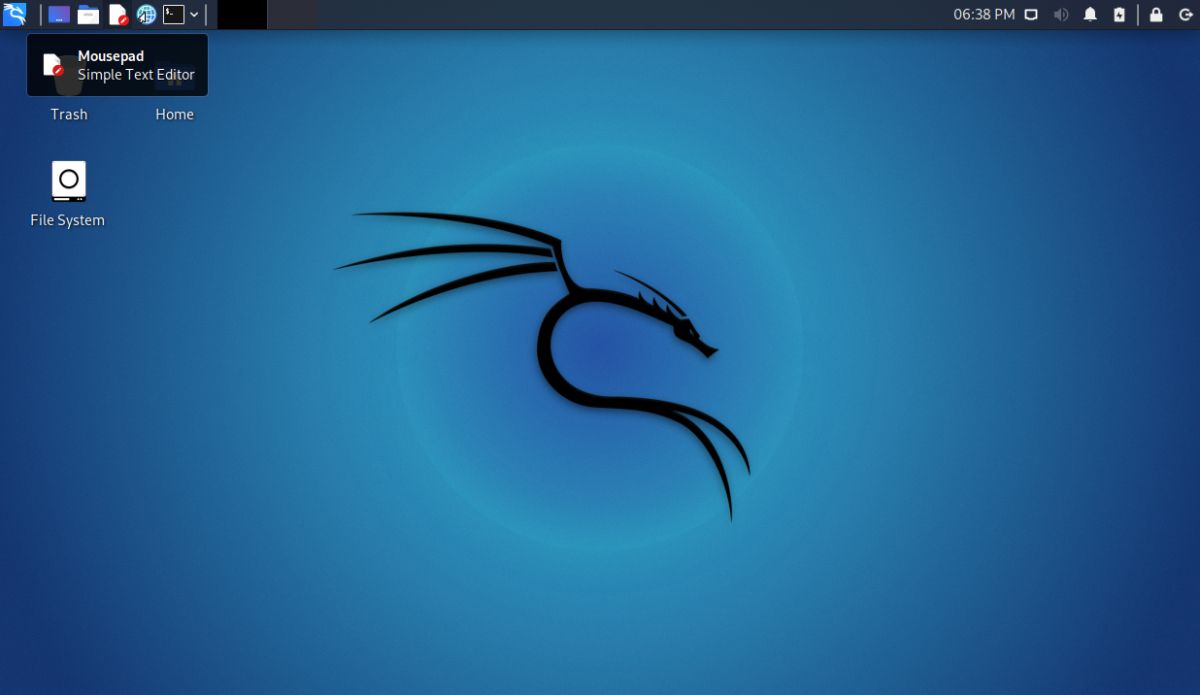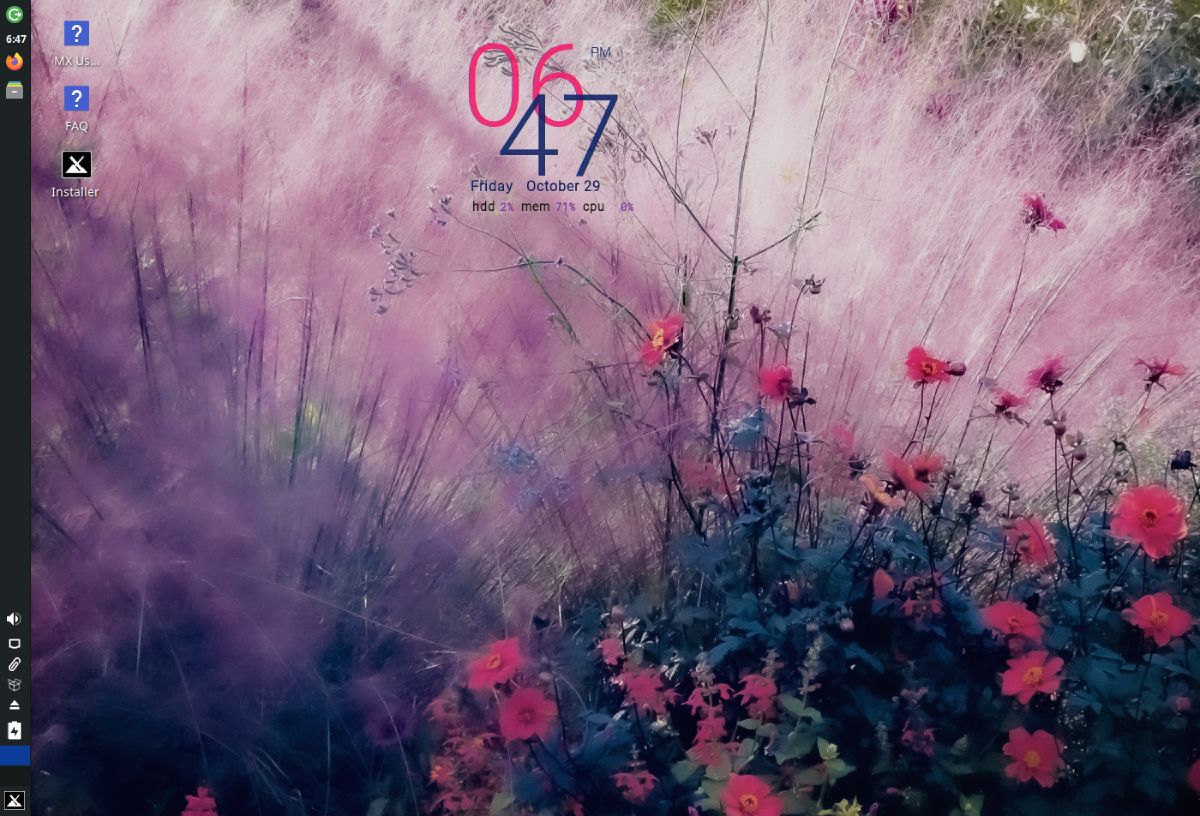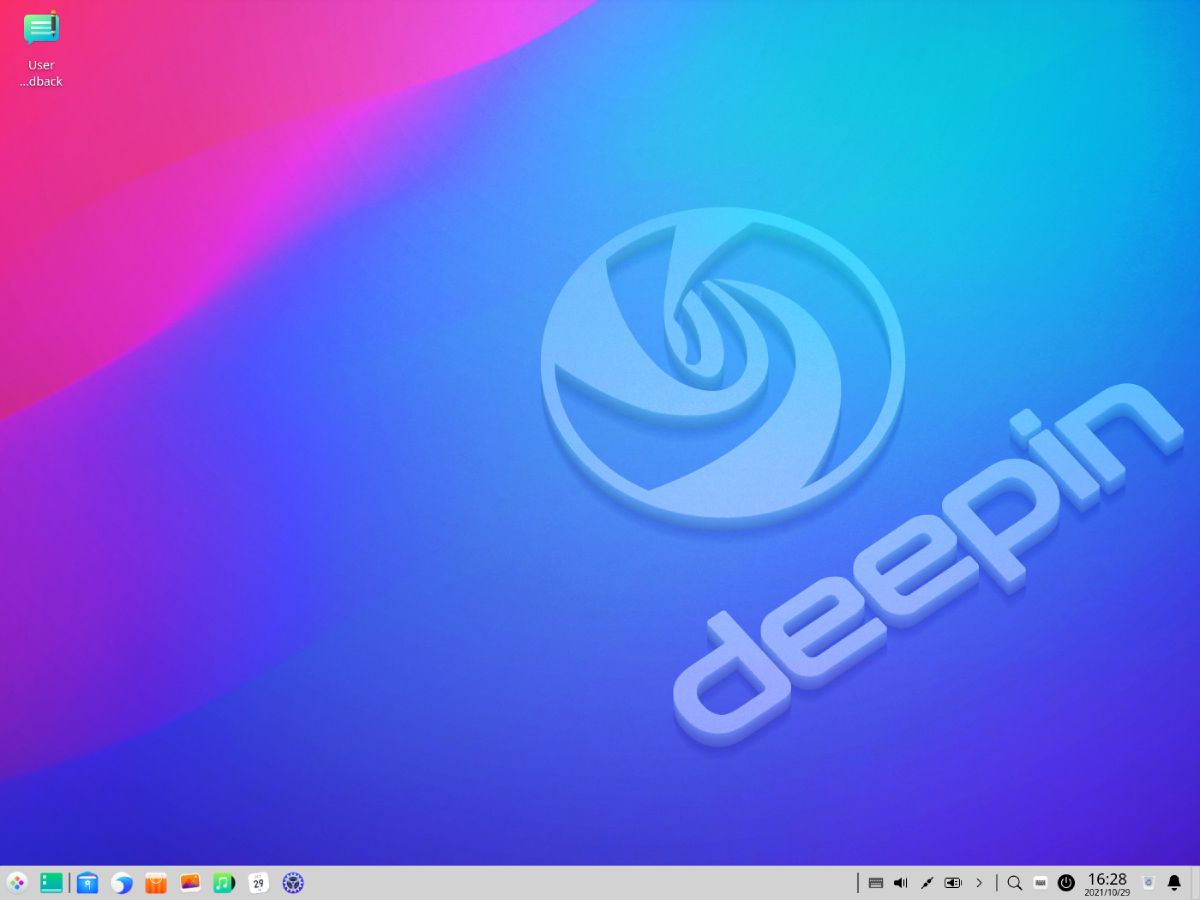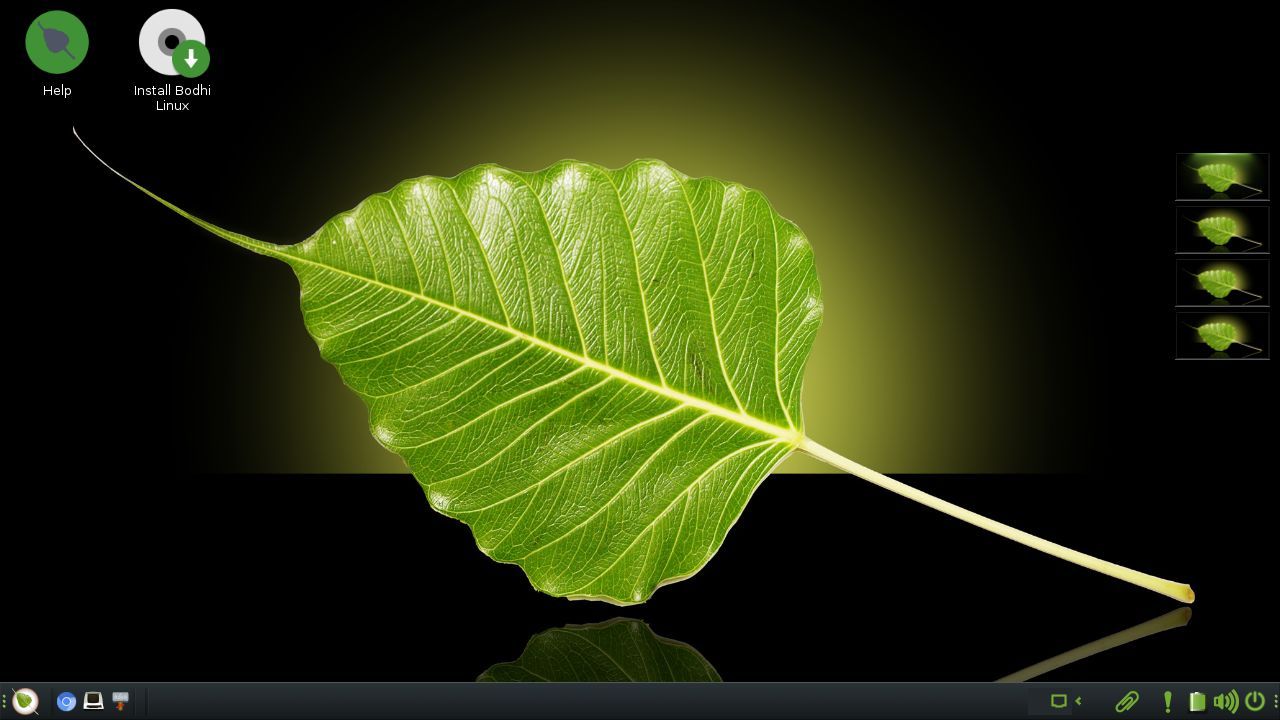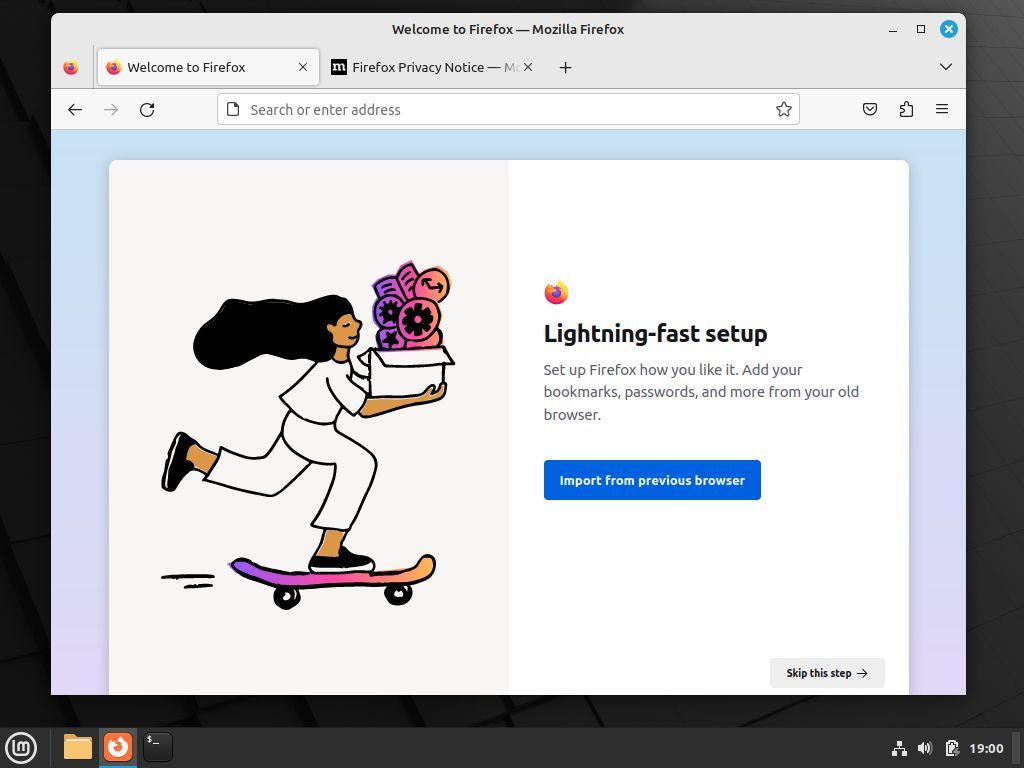Debian is one of the most stable distros around, and it has spawned some popular offshoots that are great, all-around choices for a Linux distribution. Debian is one of the longest-lasting distros for a reason, but it can be a little rough around the edges, especially for those with less Linux experience.
Fortunately, Debian's flexibility has made it a good base for other distros that offer a more welcoming experience for Linux newbies.
Here's a list of the best Debian-based distributions that offer robust features and a stable environment.
1. Ubuntu
Ubuntu is by some measures the most popular Debian-based desktop Linux distribution, and for good reason. It offers a friendly graphical user interface and has the widest driver support.
A lot of Linux users, both newcomers and experts, love it because it just works. It's also widely used on servers, including cloud providers like Amazon.
Ubuntu is based on Debian Unstable, effectively taking a snapshot of it and polishing it for general use. The Long-Term Support (LTS) versions have guaranteed updates for five years from their initial release, ensuring system stability.
Despite Ubuntu's popularity, some of Canonical's decisions have rankled the user community, such as the switch of major apps like Firefox to Snap packages as well as the promotion of the Ubuntu Pro support plan in APT.
2. Pop!_OS
Pop!_OS is a modified version of Ubuntu designed by System76 for their line of Linux-preinstalled PCs. You don't have to have a System76 machine to use it, though. You can download and install Pop!_OS like you would with any other Debian-based Linux distro.
System76 positions this operating system as ideal for STEM and creative work. The desktop features a number of shortcuts and gestures to make opening and switching between windows easier. You can tile windows and stack them on top of each other with ease.
Pop!_OS also provides "toolkits" for data science, media production, engineering, and bioinformatics that bundle popular software tools like Blender, R, and Jupyter, among others.
The distro does offer special features to System76 owners. You can download firmware updates for your machine using a special tool only provided to System76 users.
3. Q4OS
When you think of a Debian-based desktop Linux distro, you probably think of Ubuntu. Q4OS intends to be a leaner, meaner desktop, and a suitable alternative to Ubuntu.
Where Ubuntu is based on Debian Unstable, Q4OS tracks the stable version. The default desktop is KDE Plasma, but the developers give the option to switch desktops, including the Trinity desktop, using the distro's "lookswitcher" tool. It's even possible to run Plasma and Trinity side by side in Q4OS.
Though it might seem oxymoronic to refer to KDE as a "minimalistic" desktop environment, this might say more about modern computers than it does about the desktop.
4. SparkyLinux
It seems that as Linux distributions come out, some people think they just have too much stuff in them and release "minimal" Linux distros. SparkyLinux is yet another take on creating a "minimalist" desktop distro.
Like Q4OS, SparkyLinux aims for a lightweight desktop experience through the LXQt environment by default, though images are also available with Xfce and KDE. It's based on Debian rather than Ubuntu.
You can also install other custom desktop variations: the gaming-focused GameOver, Multimedia for audio, video, and web development, and Rescue for fixing an unbootable system. A MinimalCLI version is also available without an X server.
SparkyLinux gives you the choice to install a "stable" version or the bleeding-edge "rolling" version, depending on whether you require stability or the latest software.
5. Zorin OS
Zorin OS is a Debian-based Linux distro by way of Ubuntu that attempts to present an interface familiar to Windows users. The idea is to make it easier for people accustomed to Windows and macOS to transition to Linux.
A lot of people also like to install Linux on older computers, and Zorin OS provides a "Lite" version just for that purpose. Their website even takes a dig at Windows 11 and its requirement for a TPM 2.0 module that a lot of computers, even ones made in the past few years, lack.
You can switch the appearance of the interface to match the style of the OS you're used to, whether that's Windows or macOS. You can even install Windows apps right in Zorin OS. It also comes with NVIDIA and ATI drivers for gaming and can integrate with smartphones the way Windows and macOS can.
Zorin OS also has a paid "Pro" version that includes extra desktop layouts, extra apps, and a note-taking app.
6. Devuan
Devuan is a fork of Debian that resulted after the latter made the switch in its init system from the old Unix System V-inspired system to systemd, a move that was controversial in the Linux community for various reasons ranging from alleged software bloat to developer behavior, the potential for a systemd monoculture, and the dominance of the project by Red Hat (where it originated).
Several Debian developers left the project and started Devuan to promote what they call "init freedom," releasing a variant of Debian that doesn't use systemd. By default, Devuan uses the sysvinit system, but you can choose among others.
7. Kali Linux
Many businesses run Linux on their servers because it's secure, but security is no good unless it actually works. That's why a lot of organizations employ penetration testers to try to break into their systems. If you want to learn how to do this, Kali Linux is your distro.
Kali Linux comes packed with hundreds of penetration testing tools like Nmap. It gives you a complete penetration testing toolkit on a friendly Linux desktop. The documentation is also extensive, with "recipes" demonstrating how to do something with the OS.
We're not lawyers, but you should only try penetration testing on machines and networks you own or otherwise have permission to try to crack.
8. MX Linux
MX Linux bills itself as a "midweight" Linux distro that tries to be a middle ground between minimalist distros and large ones like Ubuntu.
By default, it uses the Xfce desktop, with additional KDE Plasma and Fluxbox options.
The distro is a successor to the original MEPIS distribution as well as antiX; the name is a combination of both project names. The developers of this distro aim to have it run well on both older and newer machines.
9. Deepin
Deepin describes itself as "the top Linux distribution from China," aiming at a global audience.
The distro has its own desktop, the Deepin Desktop Environment, along with a suite of its own applications, including a package installer. The interface is attractive, while the underlying system is based on Debian.
10. Bodhi Linux
Bodhi Linux is a minimalistic Linux distro based on Ubuntu. It's notable for using a modified version of the Enlightenment window manager for its desktop. It comes with few applications installed, so users end up with the tools they use. It's much more complete than a default Arch Linux setup. The default browser is Chromium.
11. Linux Mint
Linux Mint is a distro meant to be complete "out of the box", even more than Ubuntu, which it's based on. One major difference from Ubuntu is that it has all of the codecs for working with media, including MP3, installed by default.
There are several different desktops to choose from: Cinnamon, MATE, and Xfce. There's also an edition that's built on Debian.
Lots to Explore in the Debian World
Even within Debian and Ubuntu, you don't have to choose the stock operating system. Lots of people have used the flexibility of Linux to modify these systems to what they want, and Debian-based systems are no exception.
There are countless Linux distros to explore, and more people will build on the Debian/Ubuntu codebase in the future. Keep in mind that having so many operating systems available for free can lead to distro-hopping.

